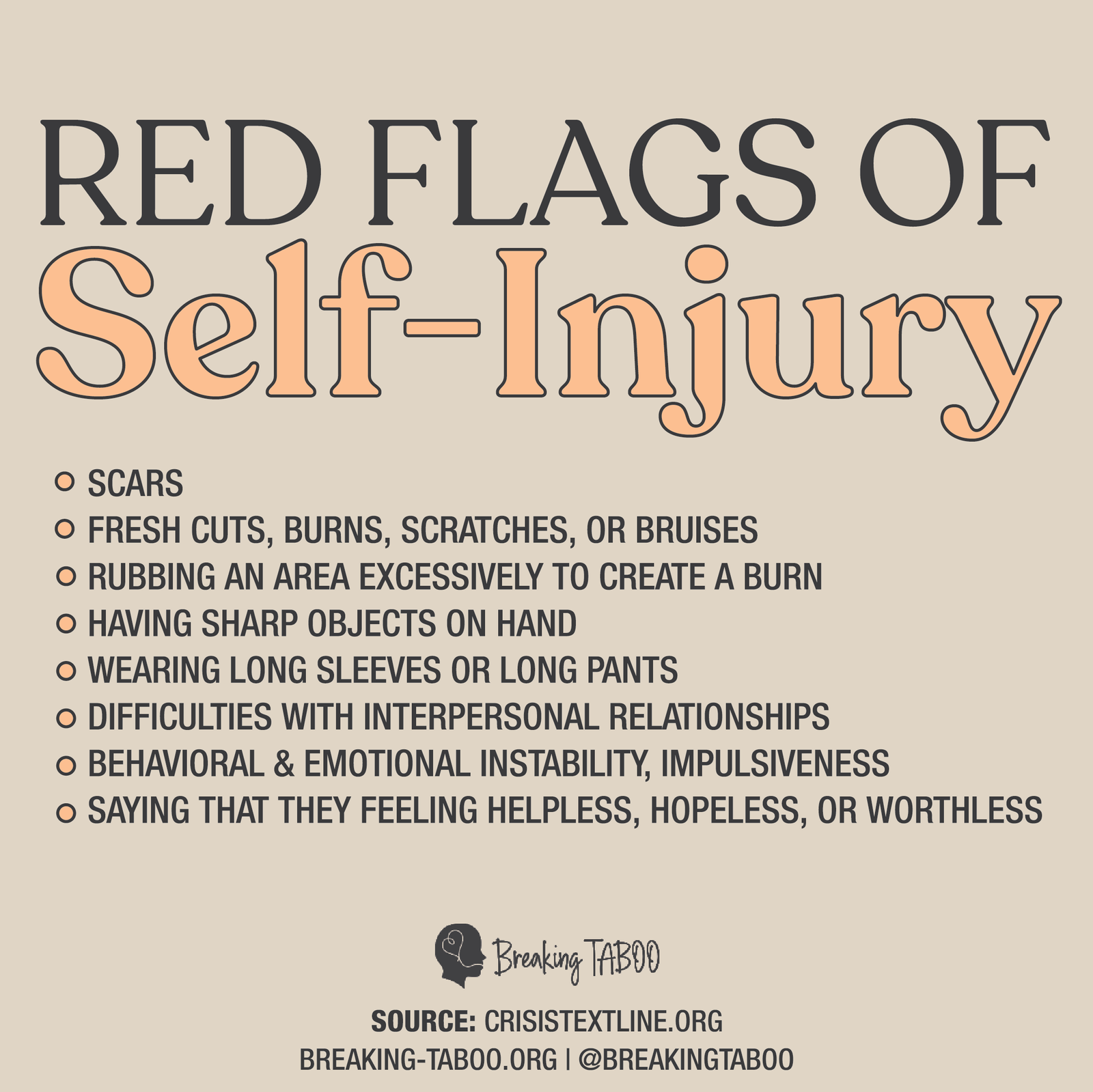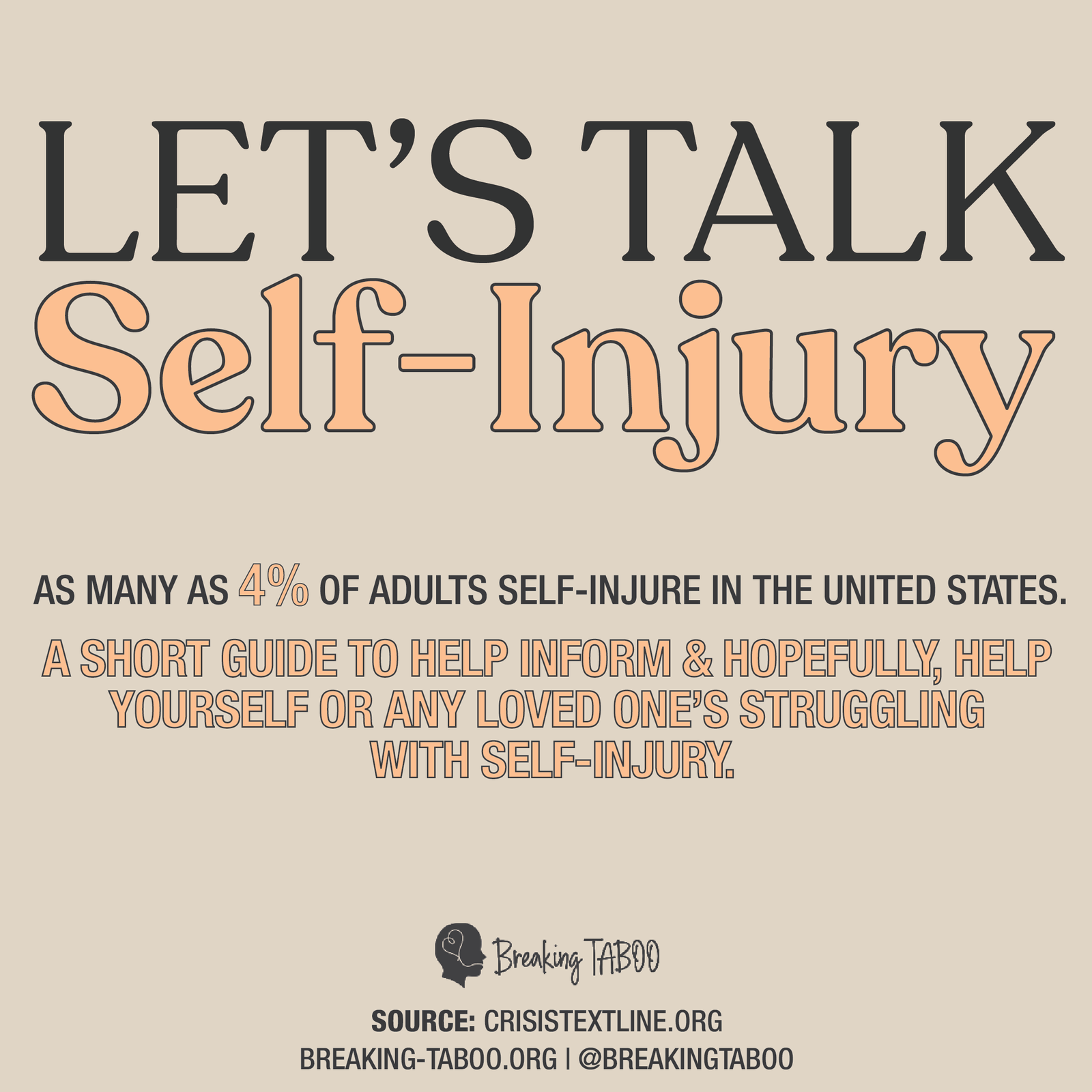 Click on the questions below to learn more.
Click on the questions below to learn more. TV’s Dr. Judy Ho on Modern Mental Health
We had the pleasure of chatting with clinical and forensic psychologist Dr. Judy Ho, Ph.D about her career and her thoughts on modern mental health.
Dr. Judy is the co-Host of Face the Truth on CBS and Tenured Associate Professor at Pepperdine University. She has a new book out titled, Why Did I Do That? which teaches people how to overcome Self-Sabotage using scientific principles based on CBT, DBT, and ACT. From losing weight to getting a satisfying job or a great relationship, I will help you to tackle whatever it is that is stopping you from achieving your best life and give you practical strategies to ensure that you are able to go after and get your most cherished desires! It is being published by Harper Wave, an imprint of Harper-Collins, coming August 2019. For more information, go to here.
 Click on the questions below to learn more.
Click on the questions below to learn more.
 Click on the questions below to learn more.
Click on the questions below to learn more. That mental illness is treatable and that we should begin to destigmatize mental illness and encourage people suffering from symptoms to get professional help because they can lead productive and satisfying lives with a mental condition.
I think in general, psychologists and therapists are portrayed as wackos in scripted TV and movies; it may contribute to the humor of an art piece, but might contribute to the perception that a therapist can’t be effective in helping to solve people’s mental struggles.
I think we need to develop more public awareness and psycho-educational programs about mental wellness, and starting at a place where we promote positive mental health instead of waiting to treat when things are very severe.
I wanted to help people in profound ways get through difficulties to lead meaningful lives, and I also wanted something intellectually stimulating (never a boring day in clinical psychology)!
It is a scientifically driven, evidence-based intervention that helps individuals learn practical skills to manage their thoughts, behaviors, and relationships with others. It teaches people to develop their own coping strategies to manage their symptoms and to move forward in activities of daily living. It’s practical, time-limited, and really encourages the individual to feel efficacious in changing their own mental health outcomes.
I really like Acceptance and Commitment Therapy which is considered a Third-Wave Cognitive Behavioral Therapy. It focuses on living a Values-Based life and not letting struggles, negative thoughts, or unpleasant emotions stop you from living in accordance with your values and doing what’s important to you.
Forensic Psychology is the intersection between psychology and the justice system; for me, it involves psychologically-based work in legal arenas. I am often asked to serve as an expert witness in a number of criminal and civil proceedings, to opine on various specific areas of concern. It is important because forensic psychologists can provide helpful information to move a legal case forward while taking into account the psychological factors that might be at play for any case.
Minority groups are more likely to avoid professional mental health treatment because of culturally-related stigma regarding the mentally ill. They tend to be much more severe when they present at a specialty mental health treatment program as they have delayed.
I don’t think there is anything particular I wish people knew about me. : )
More psycho-education, more normalizing, more changing the dialogue from pathologizing everyone to seeking solutions
Reach out for help, don’t be embarrassed or afraid, because more than 30% of the population will struggle with depression or anxiety or some other psychological concern at some point in their lives. You are not an anomaly, and there is great support out there.





